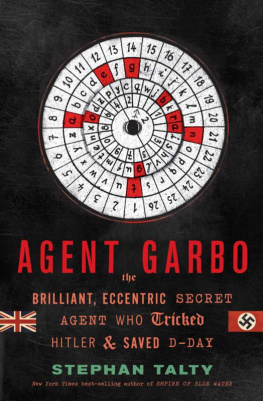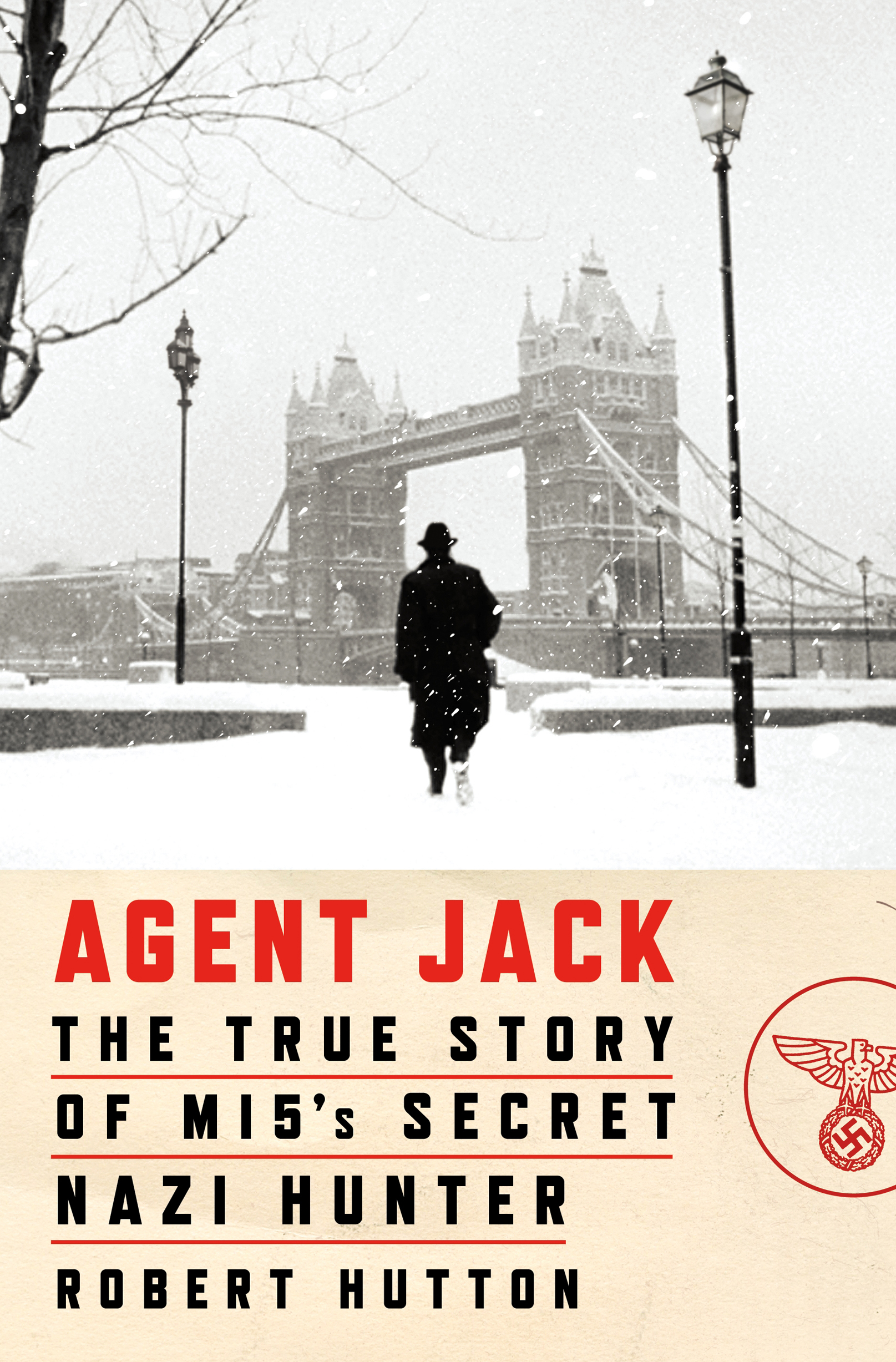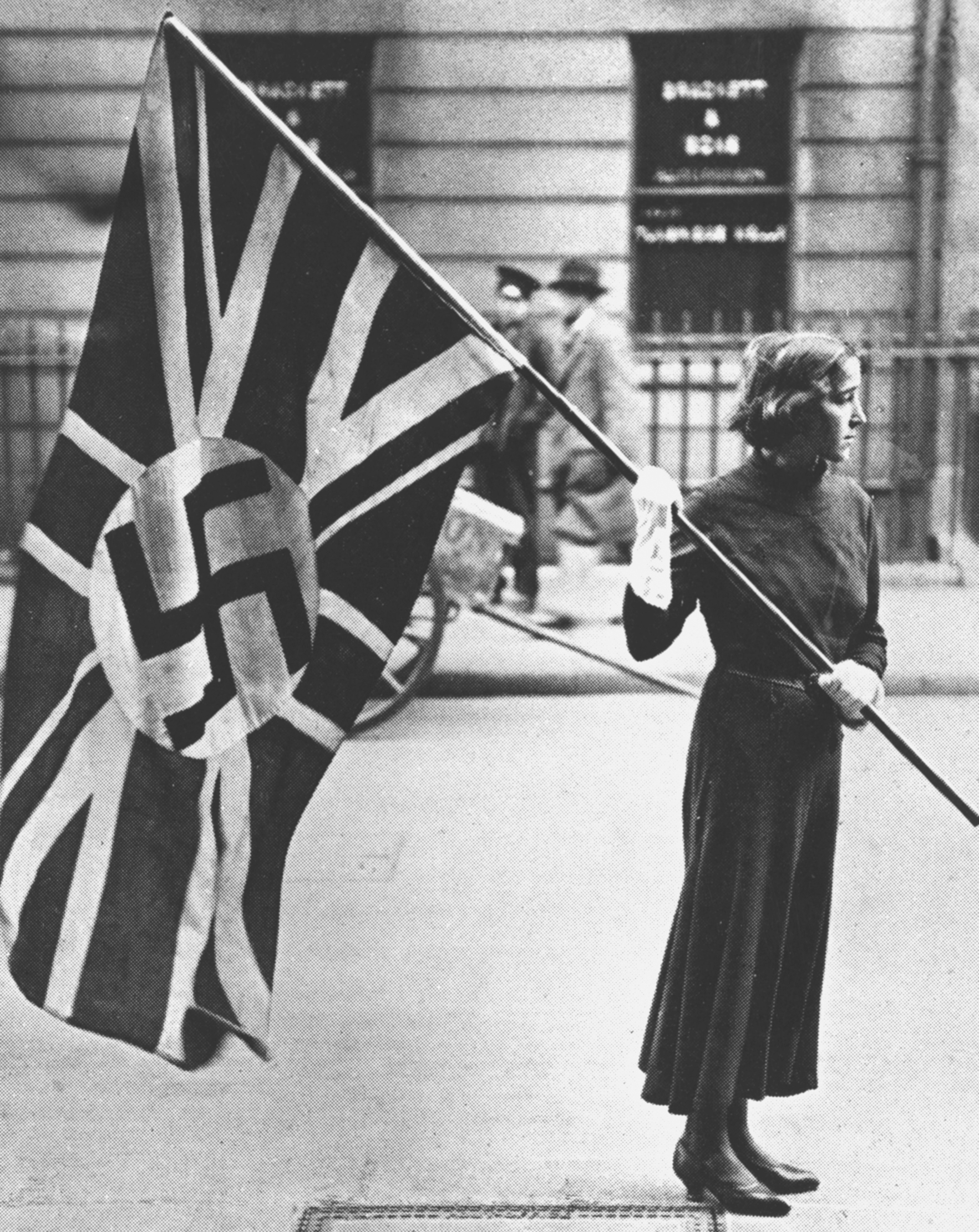The author and publisher have provided this e-book to you for your personal use only. You may not make this e-book publicly available in any way. Copyright infringement is against the law. If you believe the copy of this e-book you are reading infringes on the authors copyright, please notify the publisher at: us.macmillanusa.com/piracy.
This is a true story. It has never before been told in full. The handful of people who knew it were sworn to secrecy. Such oaths are occasionally broken, but unlike some of British intelligences other Second World War operations, this was one no one wanted to boast about.
Since 1945, Britain has told itself a story about the war. In this narrative, not only did the country stand alone against the military forces of fascism, but it was also uniquely resistant to the ideology itself. While other nations succumbed to such ideas or collaborated with invaders, Britain stood firm. That strength of character saved not just the UK, but all of Europe.
But MI5 knew a different story. By the end of the war, it had identified hundreds of apparently loyal British men and women who longed for a Nazi conquest. A few had gone further, risking their lives to help Hitler.
Even more worryingly, most of these traitors lived in a single ordinary London suburb, and had been identified by a single agent. Underneath the spirit of the Blitz, he had uncovered another set of loyalties.
Much of what that agent found has been destroyed in the decades since. But among the records that have survived are more than 600 pages of transcripts of conversations, made between 1942 and 1944, in which British citizens discuss how best to betray their country to Germany. The tale of what they said, and how they came to be saying it, is one that caused deep unease among the few who knew it. But it is time for those voices to be heard.
MI5
Jasper Harker Director 194041, Deputy Director-General 194146
David Petrie Director-General from 1941
Guy Liddell Director, B Division (Espionage)
Dick White Deputy Director, B Division
Maxwell Knight Head of M Section (Agents)
Victor Rothschild Head of B1C (Sabotage)
Theresa Clay Assistant officer B1C
Tess Mayor Assistant officer B1C
Cynthia Shaw Assistant B1C
Tar Robertson Head of Double Cross
Jack Curry Head of F Division (Subversive Activities) then Research
Roger Hollis succeeded Curry as head of F Division
Edward Blanshard Stamp Officer
Jimmy Dickson Officer
John Bingham Officer
Dick Brooman-White Officer
The Government
Edward Tindal Atkinson Director of Public Prosecutions
Alexander Maxwell Permanent Under-Secretary of State, Home Office
John Anderson Home Secretary 193940
Herbert Morrison Home Secretary 194045
Norman Birkett Head of the Advisory Committee on internment cases
Duff Cooper Member of Parliament, Head of the Security Executive, overseeing MI5
William Strang diplomat
The Roberts Family
Eric codenames 102, M/F, SR. Alias Jack King.
Audrey (ne Sprague)
Max
Peter
Crista
The Leeds Fascists
Reg Windsor
Michael Gannon
Walter Longfellow
Angela Crewe
Private Robert Jeffery
Sydney Charnley
A. D. Lewis, alias Mr Wells the informer
The Kent Sympathisers
Walter Wegener Siemens employee
Dorothy Wegener his sister
Bobby Engert Dorothys friend
Edward Engert Bobbys brother
Friedel Engert Edwards wife
Martin Engert father of Bobby and Edward
Other Fascist Sympathisers
Irma Stapleton
Gunner Philip Jackson
The Fifth Column
Marita Perigoe
Bernard Perigoe
Charles Perigoe
Emma Perigoe
Eileen Gleave
Hilda Leech
Edgar Bray
Sophia Bray
Nancy Brown
Hans Kohout
Adolf Herzig
Luise Herzig
Ronald Creasy
Rita Creasy
Serafina Donko
Maria Lanzl
Alwina Thies
Mr Jones, assistant controller at the Westminster Bank, put down the phone in a puzzled mood. There was much to trouble any Englishman that day, even one sitting, as Jones did, in the headquarters of one of the City of Londons most important banks. The previous day, 10 June 1940, Italy had entered the war on Germanys side. And while Adolf Hitler was gaining allies, Britain was running out of them: across the Channel, the French were on the point of surrender in the face of an unstoppable German advance. Britain was Europes final bastion of freedom and Hitlers next target. The country was drawing up plans to face the most serious invasion threat to its shores in almost a thousand years.
But at the front of Joness mind was the conversation hed just finished, with a mysterious man from the military who wanted the Westminster Banks help.
What was most puzzling was the nature of the request. It had come the previous day in a letter marked Secret, Personal from the man hed just spoken to, Lt Col Allen Harker. Harkers question was in itself simple enough: could the bank release one of its staff immediately for special war work? Harker had been vague in his letter about both the work and what he called simply my organisation, but when Jones consulted his superiors, the answer was clear: there was no question of refusing. In the countrys hour of need, the Westminster Bank would not be found wanting.
In Joness view, the man the government wanted was no great loss to the Westminster Bank. Eric Roberts had been a clerk there for fifteen years, during which time he had failed to distinguish himself. Indeed, he was best known for playing tiresome pranks on his superiors and even on customers. It was typical of Roberts that at the very moment the future of the nation hung in the balance, and when apparently he alone of the Westminster Banks staff could make a difference, he had gone on holiday.
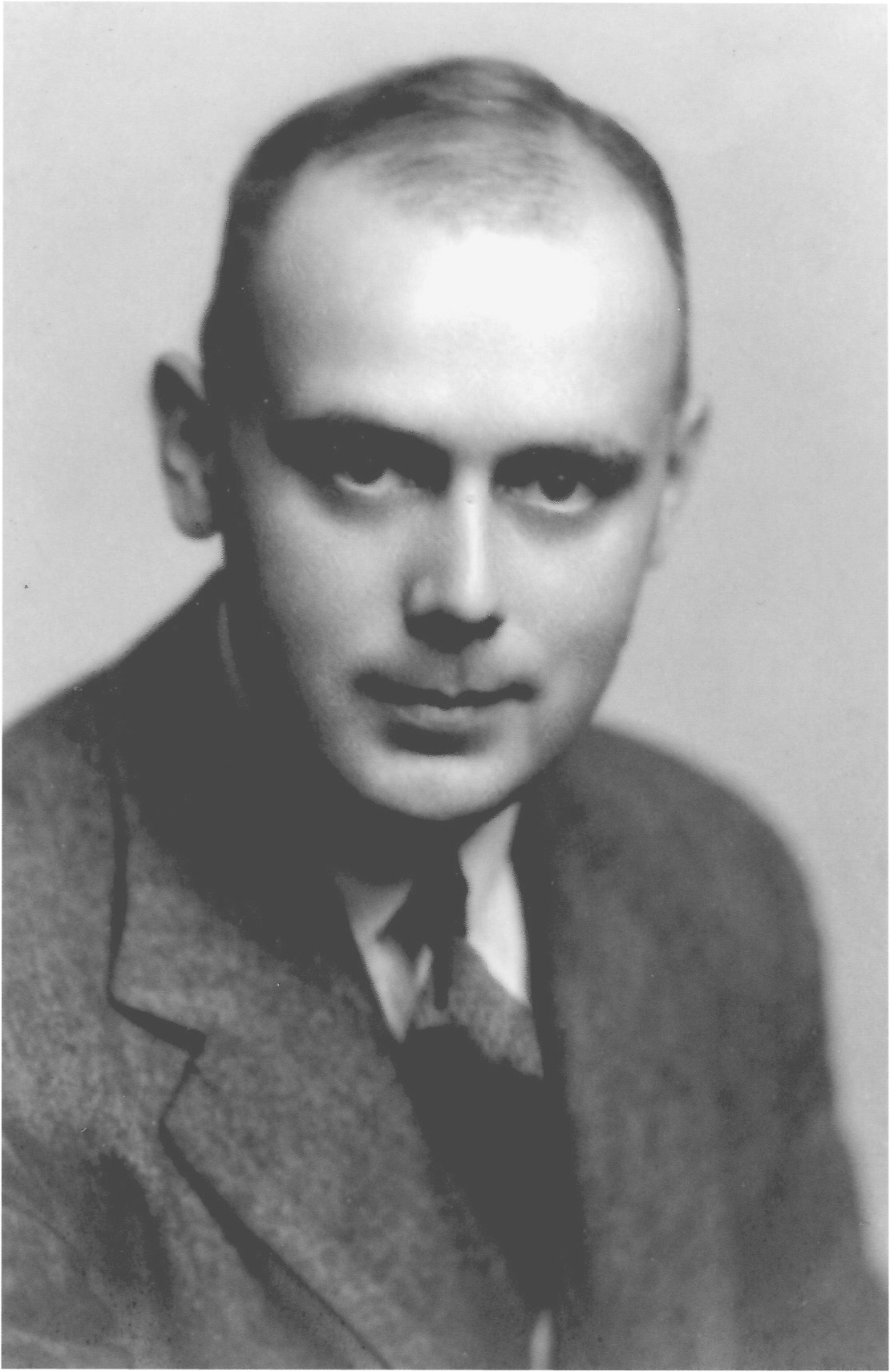
Eric Roberts at the start of the war
It wasnt just Robertss career that was unremarkable. He had married a fellow bank clerk and they now lived with their two young sons in an unexceptional semi-detached house in the unexceptional London suburb of Epsom. Roberts was ordinary in every way.
But Harker had been clear that it was Roberts they wanted. Jones began to dictate a letter, confirming what hed said in the phone call, that Roberts would be made available immediately. Even Harkers address was mysterious: Box 500, Parliament Street.
To a better-informed man, this would have been the clue. Box 500 was the postal address of the secret state. The day before Jones spoke to him, Harker Jasper to his friends had himself received a summons. He had been called to see the prime minister, Winston Churchill, who had appointed him director of the Security Service, MI5.
Jones knew none of this. And although he did know that in wartime one was not supposed to ask questions, he could not help adding a line to his letter: What we would like to know here is, what are the particular and especial qualifications of Mr Roberts which we have not been able to perceive for some particular work of national importance?




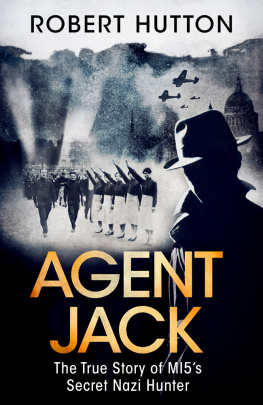

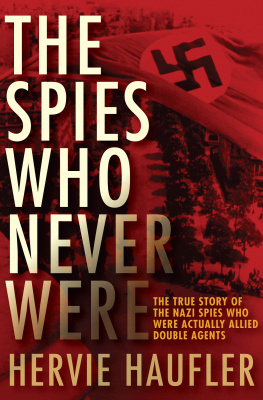
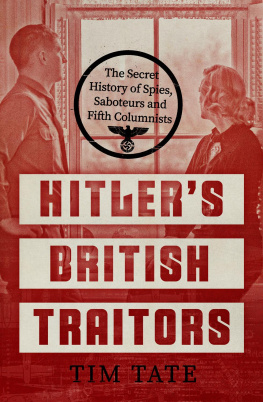


![Nicholas Rankin [Nicholas Rankin] - Churchills Wizards](/uploads/posts/book/56578/thumbs/nicholas-rankin-nicholas-rankin-churchill-s.jpg)
